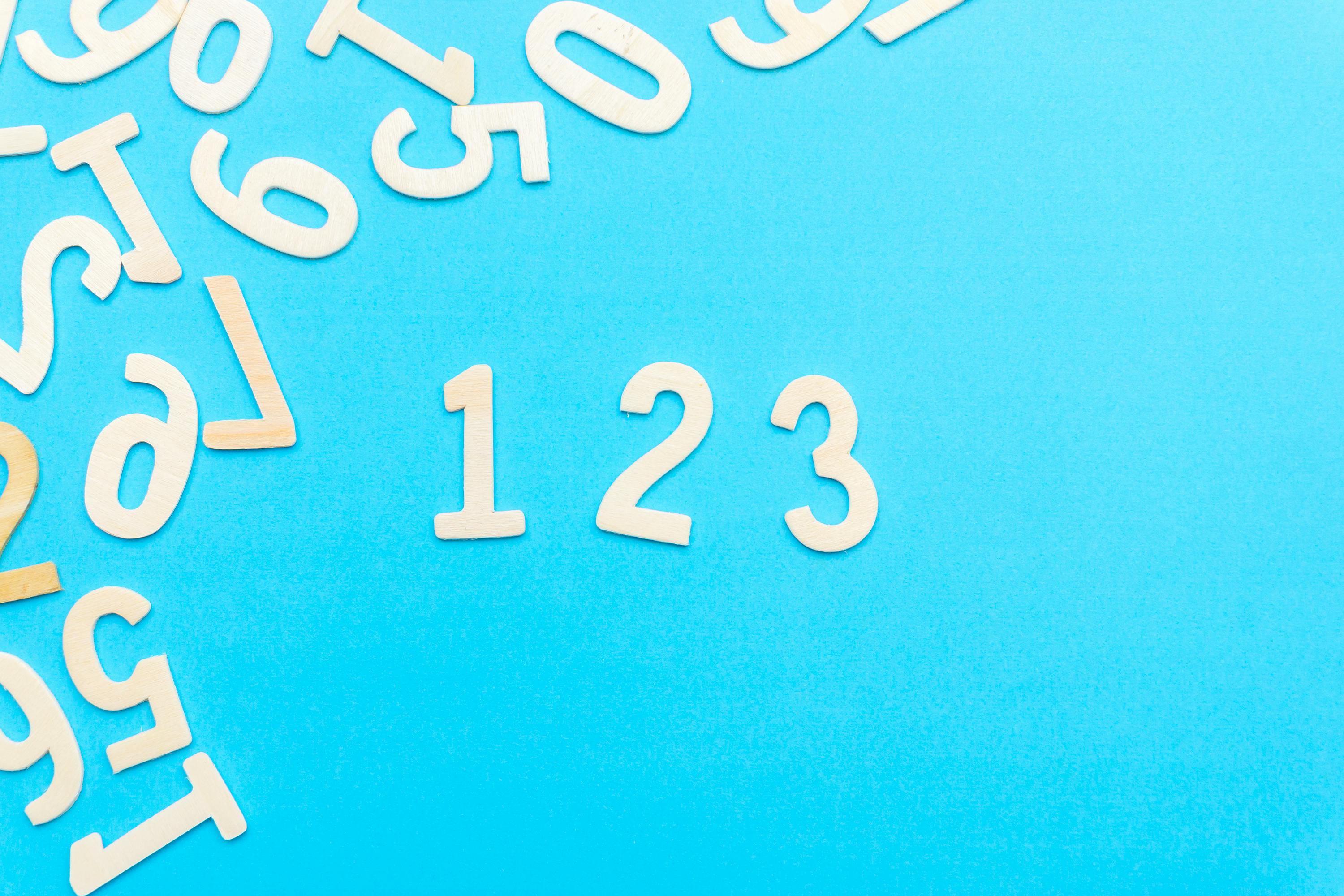How To Count in French

Learning to count in French is a great way to start mastering the language. Whether you're planning a trip to Paris, studying for school, or just curious about how numbers work in French, this guide will walk you through counting from 0 to 1,000 with clear explanations and examples.
Numbers 0 to 20
- 0 — Zéro
- 1–10 — Un, Deux, Trois, Quatre, Cinq, Six, Sept, Huit, Neuf, Dix
- 11–20 — Onze, Douze, Treize, Quatorze, Quinze, Seize, Dix-sept, Dix-huit, Dix-neuf, Vingt
Counting by Tens: 30 to 100
- 30 — Trente
- 40 — Quarante
- 50 — Cinquante
- 60 — Soixante
- 70 — Soixante-dix
- 80 — Quatre-vingts
- 90 — Quatre-vingt-dix
- 100 — Cent
French numbers follow predictable patterns after 20. However, the numbers from 70 to 99 are unique and combine earlier numbers. For example:
- 71 — Soixante et onze (60 + 11)
- 84 — Quatre-vingt-quatre (4×20 + 4)
- 99 — Quatre-vingt-dix-neuf (4×20 + 10 + 9)
The Hundreds: 100 to 1,000
- 100 — Cent
- 200 — Deux cents
- 300 — Trois cents
- ... up to ...
- 900 — Neuf cents
- 1,000 — Mille
“Cent” takes an “s” when it’s a round number (e.g., deux cents) but loses it when followed by another number (e.g., deux cent un). “Mille” never takes an “s,” even when plural.
Examples:
- 147 — Cent quarante-sept
- 682 — Six cent quatre-vingt-deux
- 999 — Neuf cent quatre-vingt-dix-neuf
Practice regularly by breaking down large numbers into smaller parts and combining tens and units. Repetition and listening will help lock in the patterns.
Click here for the best exercise to practice counting in French: